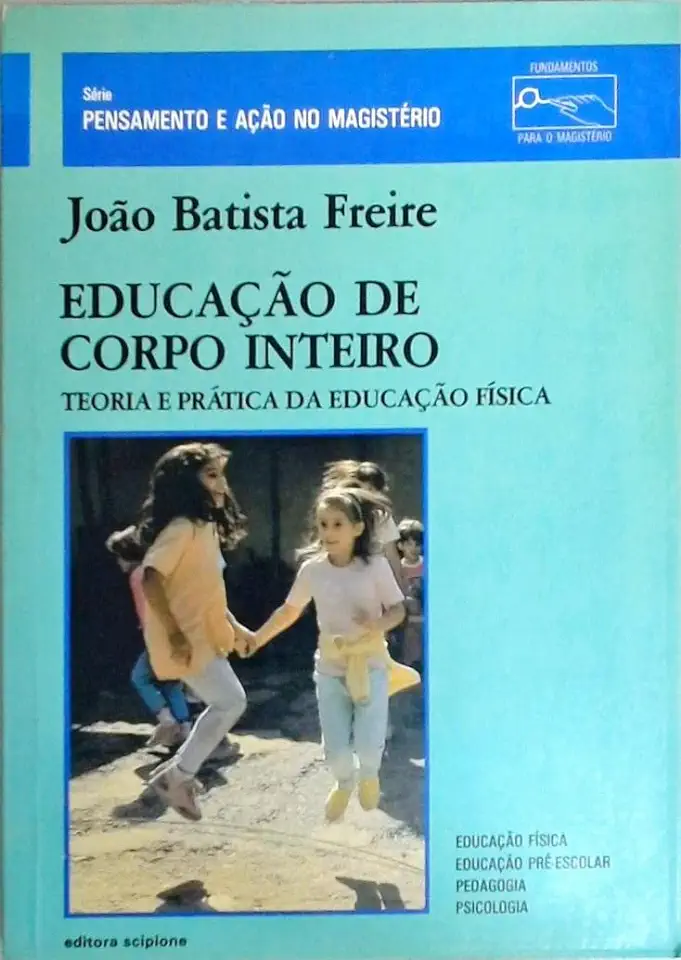
Whole-Body Education - João Batista Freire
Whole-Body Education: A Revolutionary Approach to Learning and Living
In his groundbreaking book, "Whole-Body Education," João Batista Freire presents a revolutionary approach to learning and living that emphasizes the interconnectedness of mind, body, and spirit. Freire argues that traditional educational systems, which focus primarily on intellectual development, fail to address the needs of the whole person and ultimately limit our potential for growth and fulfillment.
A Holistic Approach to Education
Freire's whole-body education approach is based on the belief that learning is not simply about acquiring knowledge, but also about developing the skills and capacities that allow us to live more fully and authentically. He argues that education should encompass the whole person, including the physical, emotional, mental, and spiritual dimensions.
The Four Pillars of Whole-Body Education
Freire identifies four pillars of whole-body education:
Physical Education: This includes activities that promote physical fitness, coordination, and balance, as well as practices such as yoga and meditation that cultivate body awareness and mindfulness.
Emotional Education: This involves developing self-awareness, emotional intelligence, and the ability to manage emotions effectively. It also includes learning how to build healthy relationships and communicate effectively.
Mental Education: This encompasses the traditional academic subjects, such as math, science, and language arts, as well as critical thinking, problem-solving, and creativity.
Spiritual Education: This involves exploring the deeper meaning and purpose of life, developing a sense of connection with something greater than oneself, and cultivating a sense of compassion and service.
The Benefits of Whole-Body Education
Freire argues that whole-body education offers a number of benefits, including:
Improved Academic Performance: Students who receive a whole-body education are more likely to achieve academic success, as they are better able to focus, concentrate, and retain information.
Enhanced Physical and Mental Health: Whole-body education promotes physical fitness, reduces stress, and improves overall health and well-being.
Increased Emotional Intelligence: Students who receive a whole-body education are better able to understand and manage their emotions, which leads to improved relationships and overall life satisfaction.
Greater Spiritual Awareness: Whole-body education helps students to develop a deeper sense of meaning and purpose in life, which can lead to increased resilience and a more fulfilling life.
Conclusion
"Whole-Body Education" is a must-read for anyone interested in creating a more holistic and fulfilling approach to learning and living. Freire's revolutionary approach offers a powerful framework for transforming education and empowering individuals to reach their full potential.